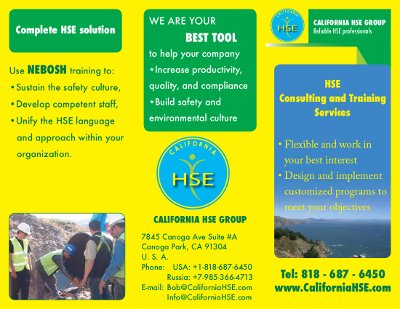
OUR APPROACH
Thinking about the environment should not be the occasional practice of a corporation. It must be interwoven into the corporate environmental policy, the company’s environmental statement, into the actual environmental management plans and the management system itself, which means it must be the part of the overall business practices of an organization. Corporate mentality needs to be forward thinking and pro-active in addressing environmental issues. This can only happen when senior management understands the benefits and commits dedicated manpower and other resources to continual improvement methods. Employee buy-in is a second important element of developing organizational environmental culture. This can be a difficult sell in many organizations.
Our training programs for leadership and employees on the value of environmental compliance and pollution control and prevention can certainly help spread the need for the commitment. A lessons-learned approach that provides the actual case studies or practical examples in our training courses is a good way to convince managers and employees of the value of practicing environmental compliance and pollution prevention.
We can also perform a Gap Analysis for our clients. A gap analysis is a very good exercise to convince an organization of the need for good environmental practices. We can apply it to assess either the due diligence of a company or to determine if a Company’s Environmental Management System can achieve ISO 14000 certification or its voluntary adoption. We can also apply the principles of a gap analysis to assess how well your company is performing compared to the rest of the industry sector in terms of environmental, waste, raw materials and energy costs.
If your organization is far below industry standards, then perhaps the current practice and your Environmental Management Systems need refinement. By offering better environmental management solutions, we can help our clients reduce high costs and save money on raw materials, excessive water consumption, solid waste management or other forms of pollution control.

